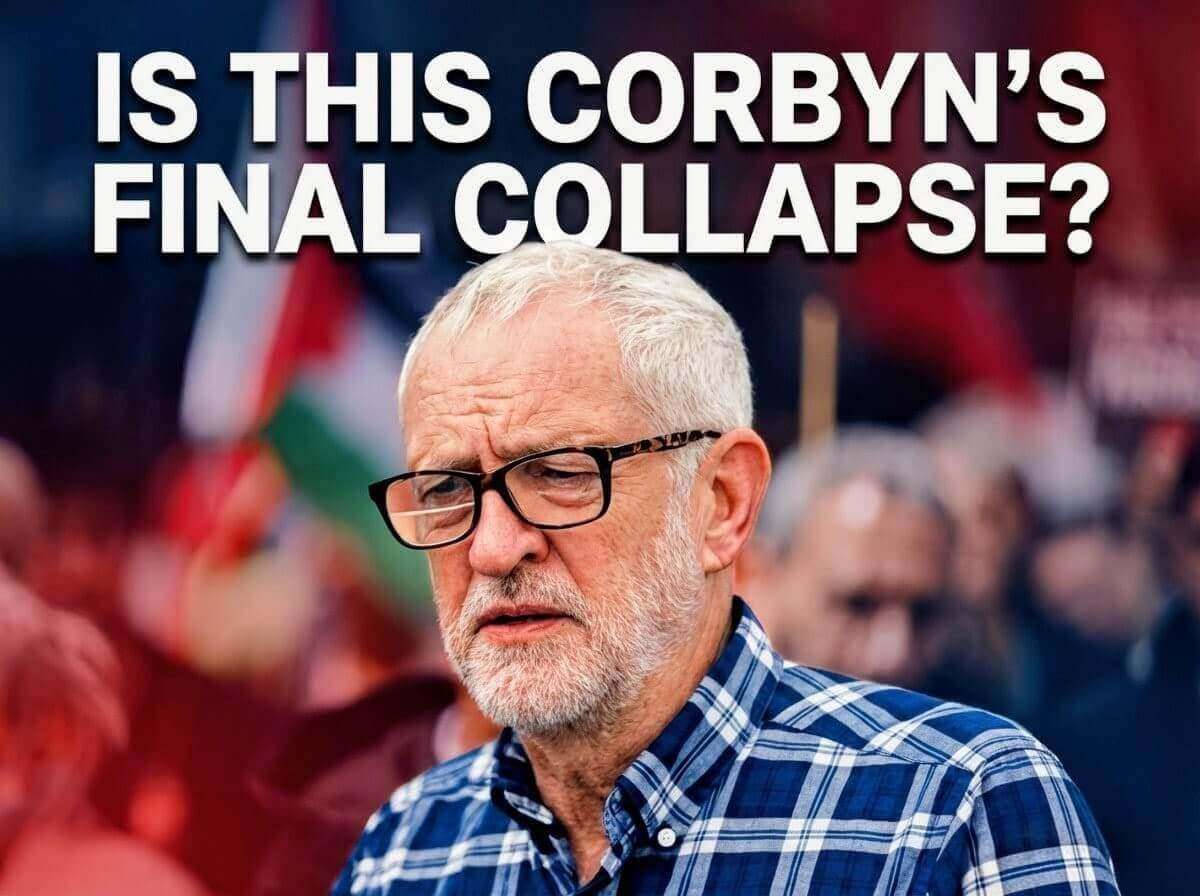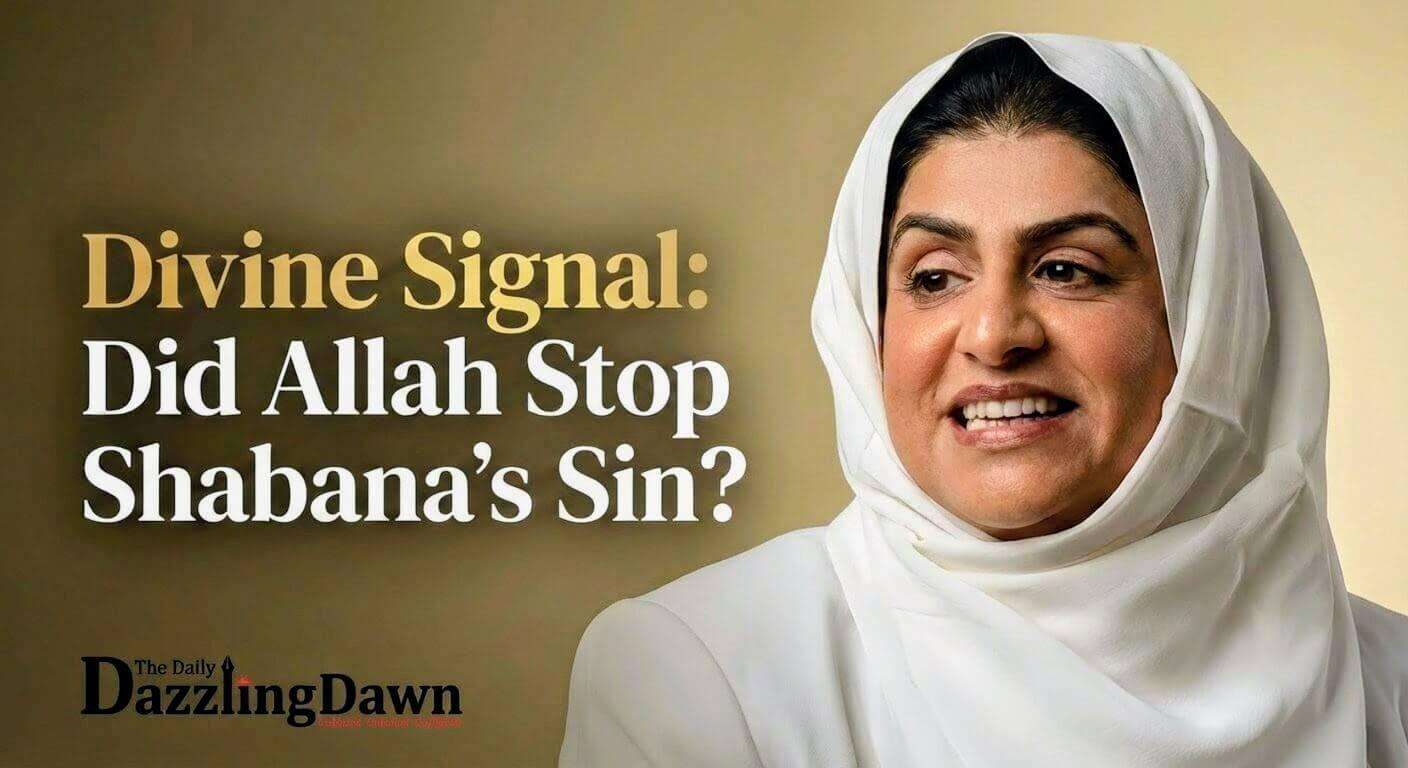The future of London’s private hire trade is facing an existential crisis as minicab drivers battle a "perfect storm" of bureaucracy, soaring costs, and the looming threat of automation. While Mayor Sadiq Khan has announced a new compensation scheme for drivers left destitute by licensing delays, many in the industry fear the profession is being squeezed out of existence. For the thousands of British Bangladeshi and Pakistani drivers who form the backbone of this workforce, it is not just a job at risk, but a community lifeline.
Licensing Limbo and Compensation
After months of protests and tragic consequences, Transport for London (TfL) has finally bowed to pressure. Sadiq Khan confirmed this week that a compensation scheme will be launched by the end of the year for drivers who have been unable to work due to severe delays in renewing their private hire vehicle (PHV) licenses. The backlog, exacerbated by a cyber-attack on TfL and administrative failures, has left hundreds of drivers stranded without income.
The announcement comes too late for some. The Independent Workers’ Union of Great Britain (IWGB) recently marked the first anniversary of the death of Rob Dale, a driver who suffered a fatal heart attack after spending a month unable to work or provide for his family due to licensing delays. While TfL claims they are now processing applications within 10 working days, over 400 drivers reportedly remain stuck in the system, still liable for vehicle costs they cannot legally cover.
A Trade Under Siege: The Triple Threat
Beyond the immediate bureaucratic failures, the trade faces structural threats that suggest the "golden age" of the London minicab may be finishing. Drivers are currently navigating a hostile financial landscape defined by three major pressures:
1. The Commission Squeeze
Major operators like Uber and Bolt continue to dominate the market, but at a steep price to the workforce. Uber currently takes a 25% cut from every fare, while Bolt charges around 20%. With fuel, insurance, and vehicle maintenance costs rising, the take-home pay for drivers is shrinking. Drivers argue that these global giants are extracting wealth from London’s local communities while exercising immense control over their daily earnings.
2. The Congestion Charge Hit
The removal of the Congestion Charge exemption for private hire vehicles has been a devastating blow to profitability. Unlike black cabs, which remain exempt, minicab drivers must pay the £15 daily charge if they enter the zone. For a driver working six days a week in central London, this amounts to over £3,500 a year in direct fees to TfL—money that comes directly out of their net profit. This policy has disproportionately affected the workforce, effectively taxing them for the privilege of doing their job.
3. The Rise of the Robotaxi
Perhaps the most terminal threat is the arrival of autonomous technology. Waymo (owned by Google’s parent company Alphabet) and Uber have signed strategic partnerships to deploy driverless taxis in major cities, with London trials expected to ramp up following the passing of the Automated Vehicles Act 2024. As legislation paves the way for driverless fleets by 2026/2027, the human driver is at risk of becoming an "expensive" legacy component in the eyes of tech giants.
Impact on British South Asian Communities
The decline of the trade represents a significant socio-economic blow to London’s British South Asian communities. According to recent TfL demographic data, over 90% of London’s private hire drivers are from Black, Asian, and Minority Ethnic backgrounds. Specifically, the trade relies heavily on British Bangladeshi and British Pakistani men, for whom driving has provided a flexible, essential route to supporting extended families.
In many of these households, the minicab is the primary source of income. The combination of licensing freezes, the removal of congestion charge exemptions, and the rise of automation is not just an industry issue; it is a targeted hit to the financial stability of these specific communities. The IWGB has highlighted that the destitution caused by TfL’s delays has been felt most acutely in these neighborhoods, where one lost income can have a cascading effect on children and elderly dependents.
What Comes Next?
As Sadiq Khan promises compensation, the wider question remains: is this a bridge to a better future, or a severance package for a dying trade? With the barrier to entry rising and the lifespan of the human driver potentially limited by automation, the traditional London minicab job is arguably facing its final chapter. For the drivers on the road today, the fight is no longer just about a license renewal—it is a fight for survival.








.svg)

.jpg)